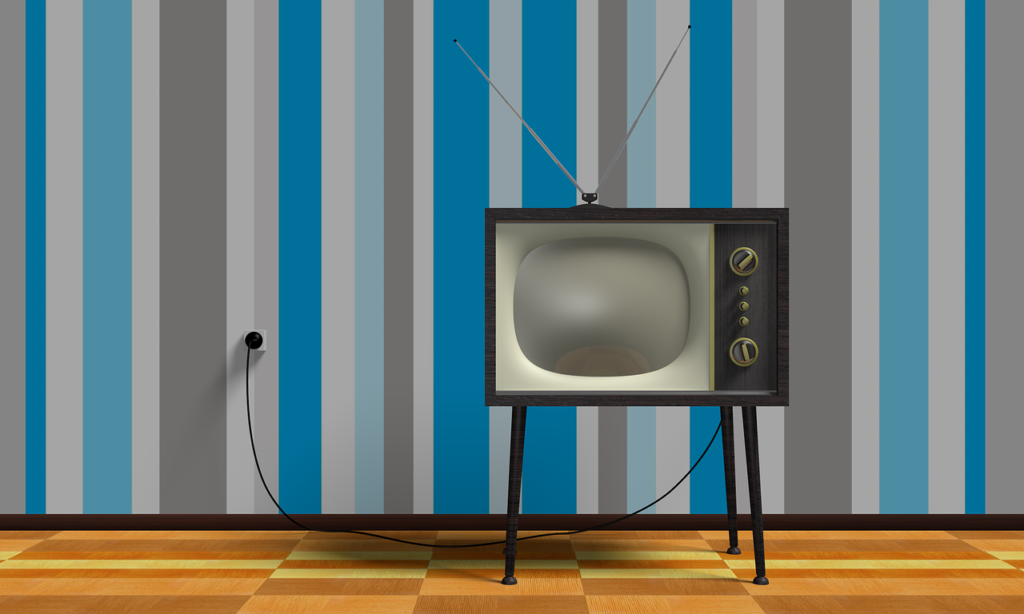The Broadcasting Authority of Ireland has commissioned a report into the financial state and prospects of RTÉ. That report suggests that RTÉ is facing both acute financial problems and an existential crisis. The solution, predictably, is more public funding. I buy the idea that if we want good quality public service broadcasting it involves two things – having a state broadcasting service and being willing to pay for it.
The report suggests that there has been a rapid deterioration in TV licence fee receipts and in commercial advertising revenues during the pandemic.
Younger readers will probably have forgotten (if they ever knew) that it was once compulsory to buy a radio licence if you had any form of wireless telegraphy receiver. But the transistor and the car radio put paid to that long before digital broadcasting and downloading were ever heard of.
So we have a TV Licence instead. But the same antiquated idea that owners of a premises with a TV set have to buy a licence each year through the post office on pain of having an inspector come to their homes and being prosecuted or fined in the District Court for failing to do so still exists. The licence fee is €160 annually, which for anyone paying tax above the lowest rate and PRSI requires gross earnings of more than €300. And if you have a caravan or mobile home for your holidays, it will cost you another €160, or €600 in gross earnings if you bring a TV with you. Ludicrous, but true.
As the advertisements “brought to you by the Government of Ireland” put it: “It’s the law”. And so it is.
Four years ago, as a member of the Oireachtas committee on communications, I suggested that the obvious way to collect a sum per household to subsidise public service broadcasting was to use the Local Proprty Tax system, rather than employing inspectors, detectors, summonses ,prosecutions, fines recoveries, and incessant advertising. LPT has many unfairnesses (which can be remedied) but it exists and is hard to avoid.
At the time, I sensed that political parties regarded that proposal as a hot potato that could be avoided. Perhaps, they recalled the problems Pat Rabbitte, the former Labour Communications minister ran into with his “cave tax”.
But the current TV Licence system is a grotesque failure. FG TDs are reported as recently coming however belatedly to the same conclusion. The BAI report on deteriorating licence compliance demonstrates that there must be a better and simpler way to subsidise public service broadcasting.
What about Pat Rabbitte’s cave dwellers who say that they dont want a TV and they can live without it, thank you very much? Well they may not want free-to-enter art galleries or museums and may do without them, but in the end they must pay for them. Good quality public service broadcasting is integral to the health of our democracy and while some citizens may block their ears and eyes, they have to contribute if that is the law. And it should be the law.
But there are other issues to be considered. If we have to pay for RTÉ radio and TV, we are entitled to know that we are getting value for money – something easier to say than to define in respect of public service broadcasting.
I favour TG4 and Radio na Gaeltachta because they are part of our national commitment to the Irish language. I also favout Lyric FM because it is part and parcel of choice and diversity in public service broadcasting.
I don’t have the same feeling about RTÉ Radio 2. It competes with plenty of worthy services with similar output.
And I think that RTÉ Radio One is tired and needs to be refreshed. Is its menu of wall to wall talk show the only way to broadcast from 7am to 7pm? Is there room for more in-depth analysis or documentary content during the day?
As for advertising revenue, it is striking to see how much Ireland-directed commercial TV advertising is now being carried on Sky’s satellite channels. Is there a rate-cards issue here?
Am I alone in suspecting that RTÉ’s advertising income stream is dependent on an unspoken strategy of the State and semi-state sector bombarding us with advertising by way of a budgetary life support machine?
Quite apart from straight-forward advertising about Covid and vaccination, we are at the receiving end of what appears to be unprecedented volumes of anti-litter,anti-sexual harassment, cycling safety, road safety, seatbelt wearing, farm safety, water safety, and even crab-meat promotional advertising. Even ESB Networks are engaging in image enhancing advertising,apart from warnings about electrocution.
RTÉ may be facing a crisis. I wish it well. But I hope that it will use the crisis well. Just as we are bombarded daily with breathless media commentary that post-Covid things will not and should not “go back to normal”, the same holds true for RTÉ.

